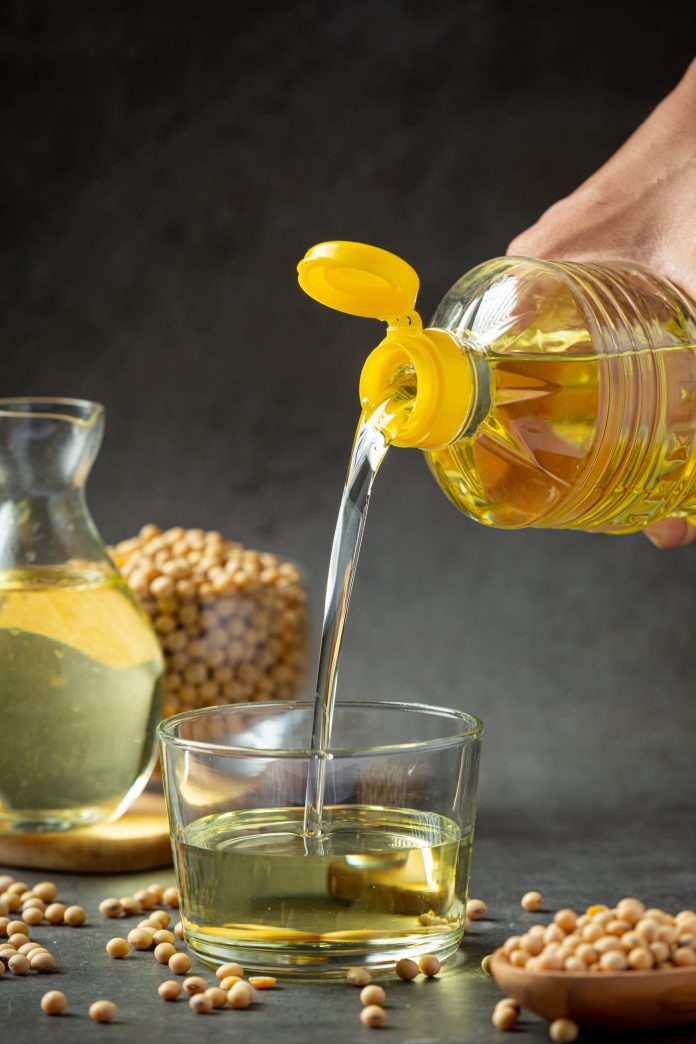Title: “The Truth About Oil: Is It Bad for Your Health?”
In a world where dietary trends and health advice seem to change as quickly as the seasons, the role of oil in our diets has been a topic of ongoing debate. From olive oil to coconut oil, opinions on their health impacts can be polarized. In this blog, we’ll delve into the various types of oils and explore whether or not they are bad for your health.
- The Good: Healthy Fats:
Not all oils are created equal. Some oils, such as olive oil, avocado oil, and certain nut oils, are rich in monounsaturated and polyunsaturated fats. These healthy fats are known to have several health benefits, including reducing bad cholesterol levels and promoting heart health.
Olive oil, in particular, has been a staple in the Mediterranean diet, which is associated with various health benefits, including a lower risk of heart disease and improved weight management.
- The Bad: Saturated and Trans Fats:
On the flip side, oils high in saturated and trans fats can have adverse effects on health. Saturated fats, found in oils like coconut oil and palm oil, have been linked to increased levels of LDL (low-density lipoprotein) cholesterol, which is often referred to as “bad” cholesterol.
Trans fats, often found in partially hydrogenated oils, are artificial fats that have been shown to increase the risk of heart disease. Many health experts recommend minimizing the intake of foods containing trans fats for overall well-being.
- Caloric Density:
One crucial aspect to consider when evaluating the health impact of oils is their caloric density. Oils are calorie-dense, meaning they provide a concentrated source of energy. While they can be part of a healthy diet, excessive consumption can contribute to weight gain and associated health issues.
- Cooking Methods Matter:
How you use oils in cooking also plays a role in their health impact. Deep frying with oils at high temperatures can lead to the production of harmful compounds. Opting for healthier cooking methods like sautéing, baking, or using oils as dressings for salads can help retain their nutritional value.
- Individual Variability:
It’s important to recognize that individual responses to oils can vary. Factors such as genetics, overall diet, and lifestyle choices all influence how oils impact an individual’s health.
Conclusion:
In conclusion, whether oil is “bad” for your health depends on the type of oil and how it fits into your overall diet. Choosing oils rich in healthy fats and using them in moderation can contribute to a well-balanced and nutritious diet. On the other hand, excessive consumption of oils high in saturated and trans fats may have negative health implications. As with any aspect of nutrition, it’s crucial to consider individual needs, consult with healthcare professionals, and make informed choices for a healthy lifestyle.

